Isis: Inside the struggling Islamic State economy in Iraq and Syria
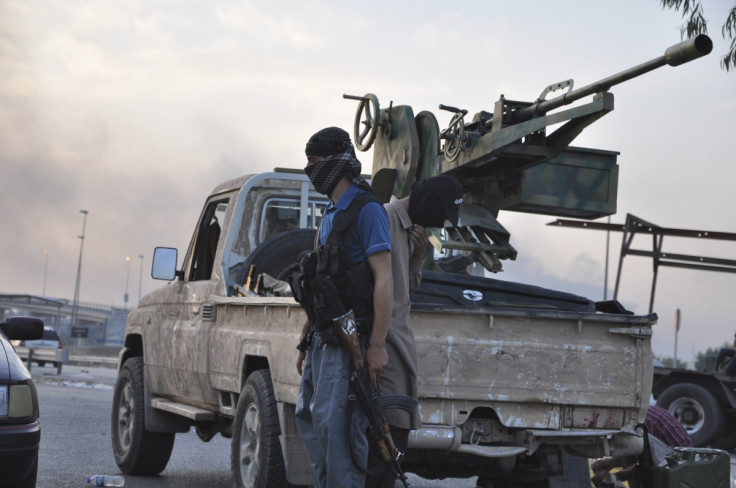
The US has branded it the best-funded terrorist organisation of all time, banking between $80,000 and $1.6m (£54,000 - £1.09m) a day from oil sales and bolstered by bank robberies, extortion, smuggling and punitive taxes on the millions of Iraqis and Syrians that it currently rules.
But after a bumper year in 2014, the Islamic State (Isis) economy is in dire straits. Pushed out of the oil fields it controlled in Iraq and hampered by increasing scrutiny of foreign banking transfers from wealthy donors, there are already reports in Mosul and other cities that IS is overstretched.
"Issue one of Dabiq (the IS magazine) was full of claims that they were putting bread on the table and food in the market [...] but issue eight has just come out and the commitments that they have made to local people have dried up. It has become much more about theology," noted Tom Keatinge, director at the Centre for Financial Crime and Security Studies at the RUSI think-tank.
'As a welfare state ISIS is failing.'
"The point is they have made commitments that they haven't been able to deliver on. In Mosul we hear reports that the cost of cooking gas has gone up 10 times. The mobile network doesn't work anymore and rubbish isn't being collected. As a welfare state they are failing."
For a group that maintains its control over huge swathes of Iraq and Syria with brutal executions, Sharia law, and an army of fundamentalist jihadis, public opinion may not be all that important to IS. But maintaining its military machine costs money and ensuring the support of powerful Sunni tribes and power-brokers is as big an issue for IS as it has been for anyone seeking to rule in Iraq or Syria in recent decades.
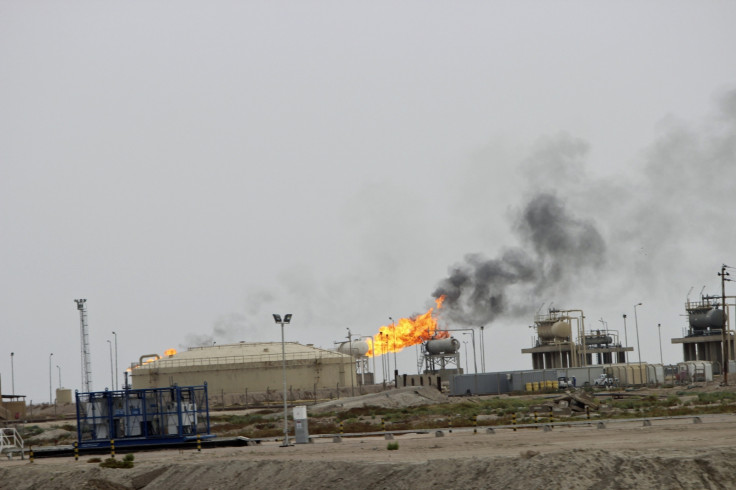
Equally important is maintaining the allegiance of the foreign fighters that swell IS ranks, from both the West and other Arab states. There have been reports that IS has had to set up checkpoints and impose death penalties on defectors to prevent its former supporters from fleeing the Caliphate. In the end, it could be economic mismanagement rather than military defeat that destroys IS.
"What you saw last year was a rapid expansion, a bit like water flooding in through a dam and spreading over northern Syria and Iraq. What we will see is the tide go out and people either losing interest in supporting IS and heading back to the UK or wherever they came from, and local people getting fed up. IS will have had its day in the sun," said Keatinge.
'If you buy fuel in eastern Turkey the chances are that it has come from Isis.'
IS makes its money like any other insurgency, by exploiting the resources it controls. Its oil revenue has been estimated by the UN to be up to $1.6m per day, although this figure dates from November 2014 before they began to lose ground in Iraq. The terrorist group sells both refined and unrefined oil in eastern Turkey, using smuggling routes that have been established for decades.
"If you buy fuel in eastern Turkey the chances are that it has come from IS," said Keatinge.
Professor Louise Shelley, author of Dirty Entanglements: Corruption, Crime and Terrorism and an expert on the economics of terrorist insurgency, said that the involvement of elements of Saddam Hussein's Ba'athist regime in IS ensured a great amount of expertise within the group relating to smuggling. These individuals were involved in smuggling oil out of Iraq during the decades of sanctions imposed on Saddam Hussein, and did the same now for their new paymasters, IS.
In 2014, there were reports that IS was selling petrol in Turkey at between $30 and $40 per barrel, a substantial discount from the $100 that it was fetching before the oil price slide that began at the end of the year. Just as the crash in oil prices is hitting the budgets of wealthy oil producers such as Saudi Arabia and the UAE, it is now hitting IS. Losing their control of oil fields is only intensifying that.
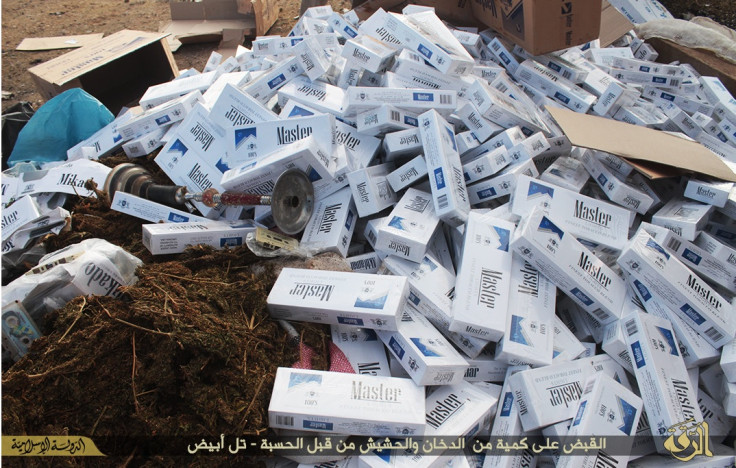
As a result, said Shelley, IS is having to diversify its revenue streams. Despite banning cigarettes in the territory it controls, it makes thousands of dollars smuggling them. Despite very publicly destroying historic artefacts in its attack on museums in Mosul, it is heavily involved in the antiquities trade, smuggling statues and other priceless relics out of Iraq and into Turkey.
"It is the diversification of their business model. They find new models of financing as they lose other sources of revenue," she said.
'ISIS pride themselves on not being so dependent on foreign donations.'
Just as other Islamist insurgencies throughout modern history have been financed by wealthy backers in the Gulf, particularly in Saudi Arabia and Kuwait, there has always been the perception that IS is funded from overseas, but both experts and IS itself dispute this.
IS is keen to portray the image that it doesn't need foreign money to survive, but the reality is that new global regulations on the funding of terrorist groups has made it very difficult to funnel money to extremists and not get caught.
"There may be some wealthy gulf backers but some of what IS is saying about itself in the region is that it is self-supported. That's something that they pride themselves on, not being so dependent on donations. That is not part of their rhetoric about themselves," Shelley said.
The capture of Mosul was a financial cash cow for IS last year and both there and in Raqqa, the IS Syrian stronghold, taxes on Syrian and Iraqi residents are becoming more and more important in paying the bills.
An anti-ISIS activist told IBTimes UK in March 2015 that the group had privatised the city's hospital in an effort to make more cash, while in Mosul thousands of civil servants who are still paid by the Iraqi government have to give a cut of their salaries to IS.
"The IS structure in Iraq is much more parasitic, essentially heavily reliant on the central government to subsidise it via paying civil servants, teachers, etc. their salaries, from which IS takes a slice," said analyst Aymenn Jawad Al-Tamimi, who has obtained, translated and published reams of IS rules and regulations that have leaked out of Mosul since they captured the city in 2014.
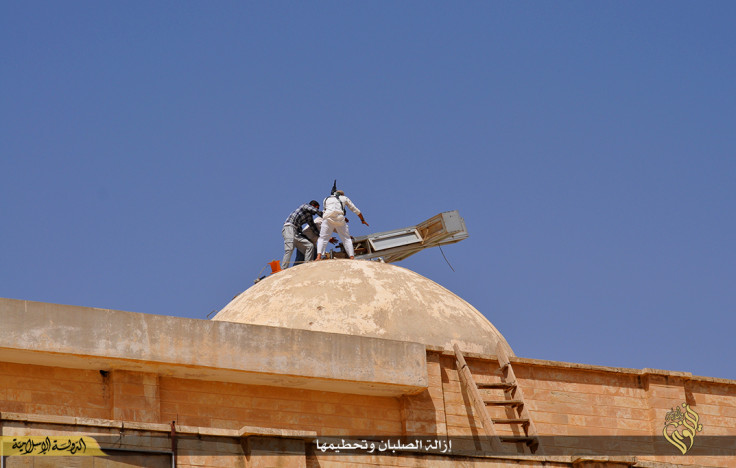
This increasing reliance on taxes has come at a time when services are in heavy decline in all areas that IS controls. "It cannot be denied objectively that life is much worse now than before IS: electricity has to be generated privately, fuel prices are much higher, there is a shortage of medical supplies, etc. Many of the population will have undoubtedly perceived this decline in quality of life," said Al-Tamimi.
That situation will only serve to increase anger amongst a Sunni population that may have welcomed IS in the early days of the insurgency as an alternative to the divisive and Shia-dominated government of Noor al-Maliki, the former Iraqi prime minister.
"We all know that a government that puts up taxes makes itself unpopular very quickly. At some point, acceptable tax becomes extortion and I would argue that point has probably been reached in the case of IS," said RUSI's Keatinge.
The economic woes facing ISIS has led to a feeling amongst those in Washington that the war against the group will be a long one – perhaps as long as three years – and will be fought both economically and militarily. Tikrit, Kirkuk and Mosul will be essential in crushing the organisation on the battlefield, but shutting off smuggling routes, preventing foreign financing and taking back oil wells is equally key.
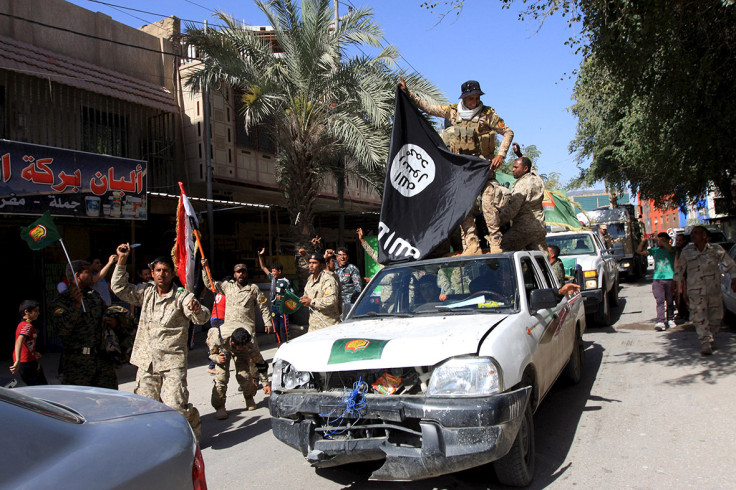
If IS was a Silicon Valley-start-up, 2014 and early 2015 was the Instagram era – it got off to a flying start, conquered new markets and got the whole world talking. The question is whether with eight million users and a harsh business environment, it can keep its customers happy and fend off threats from an increasingly united local and international opposition.
"It would have been relatively easy to take down Facebook when it was based in a garage and funded by a half dozen investors – you try taking down Facebook today," said Keatinge.
"This is not something you are going to solve with cruise missiles and bombs in 24 hours. It is going to be a long campaign. We have our hands around the throat of IS financing and we are slowly throttling it – but it will take a while."
© Copyright IBTimes 2025. All rights reserved.






















